The Manifesto:
The accelerating pace of technological change, geopolitical and economic challenges, plus increasing employee and customer expectations, mean leaders must reflect on what effective leadership really looks like.
Gone are the days when effective leadership was based on strategic know-how and technical expertise. Today, successful leaders must adopt a rounded approach to ensure success for themselves, their companies, and stakeholders to build legacies that last.
Introducing Fit to Lead.
Fit to Lead isn’t how far or fast a leader can run, whether you use a mindfulness app, or have a direct debit to a charity. It is a rallying cry for leaders everywhere to embrace a fresh approach where physical resilience, mental agility, and ethical awareness unite to drive enduring success and positive change.
All three pillars are crucial for leaders and teams to succeed and are embodied in the Babble Ride Across Britain. More than just a cycling challenge, it incorporates the camaraderie, shared purpose, and collective effort inherent in true leadership.
Physical fitness extends beyond the traditional benefits of exercise, such as strength or stamina. As a leader, physical fitness fuels the wider energy, determination and endurance of you and your teams, as well as building greater shared resilience needed to confront business challenges.
Just as the Babble Ride Across Britain represents a collective journey marked by shared challenges and feats, effective leadership demands enduring hours, managing stress, and remaining focused, all while drawing energy from and contributing energy to your team. A leader’s physical well-being guarantees lasting energy, precision in decision-making, and the ability to inspire teams.
Howard Schultz, former CEO of Starbucks, is a dedicated cyclist who has participated in several challenging cycling events, including the Haute Route Alps. He believes pushing himself physically helps him develop mental fortitude and discipline.
Mental fitness is more than business or intellectual acumen. It requires a commitment to creating headspace to nurture your mind and fuel thinking beyond the short-term dopamine rush of always-on leadership. It is, in effect, learning to ‘retreat to advance’. This is key to maintaining clarity, creativity and a long-term focus. On the Babble Ride Across Britain, we call it the “RAB Bubble”.
Just as cyclists prepare for a journey, leaders must equip their minds to tackle challenges, foster innovation, and adapt to changing environments.
Marc Benioff, CEO of Salesforce credits his daily meditation practice with helping him improve his focus, creativity, and emotional intelligence. Steve Jobs was also known to frequently take retreats, to Zen monasteries or natural settings, with these moments of seclusion said to promote clarity and inspire his innovative thinking.
There is an increasing expectation that leaders leverage their positions to create positive change; and to develop ethical fitness either locally or on a global scale.
At its most obvious level, ethical fitness centres on becoming a force for good. It’s about doing the right thing. Leaders need to develop a stronger moral compass to help navigate through some of the most challenging ethical issues any leader has ever faced.
Stepping away from concerns of self can unlock insights and ideas that might otherwise stay hidden behind the leader’s ego. As a leader, putting yourself second to make a positive difference, builds trust, credibility and a profound sense of purpose that inspires others.
On the Babble Ride Across Britain, ethical fitness isn’t just charitable fundraising. It’s taking on a more prominent role in fostering collaboration, support, a shared sense of camaraderie, and purpose amongst fellow riders.
Microsoft CEO, Satya Nadella, often speaks about the importance of empathy in leadership – “empathy is not a soft skill’. He believes in the value of understanding and addressing the needs of others, which he claims has helped him both personally and professionally. While empathy is different to ethics, the two come hand-in-hand and both involve looking beyond oneself and considering, or understanding, others.
Genuine leaders are no longer judged solely by professional milestones, but by their ‘fitness’ to lead. Ahead of Babble Ride Across Britain, join us as we explore, adopt, and exercise the three pillars of modern leadership that are needed to succeed.
Find out more about Fit to Lead.




